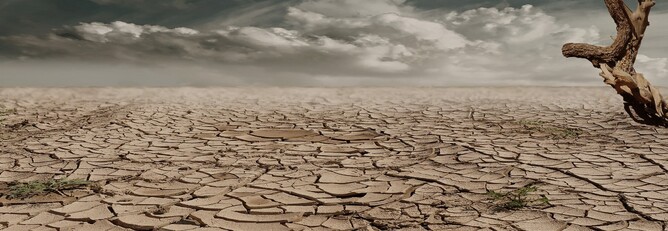Climate change has brought with it an increase in extreme weather events such as droughts. These events can have a devastating impact on soil health, leading to erosion, nutrient loss, and reduced crop productivity. However we can reduces these risks by increasing the organic matter content of soil.
Organic matter, including compost and vermicast, is a vital component of soil health, playing a key role in nutrient cycling, water retention, and soil structure. When soils have high organic matter content, they are better able to retain moisture, providing a buffer against dry conditions. Organic matter can hold up to five times its weight in water, making it an important tool for water retention in soil. Additionally, soils with high organic matter content have a greater capacity to hold nutrients, making them more resilient to nutrient loss during dry periods.
There are many ways to increase organic matter in soils. Careful pasture management is an important piece of the puzzle, as is the use of compost, vermicast and other organic amendments to improve soil health. Composting organic waste and applying it to soil can help build organic matter levels over time.
Vermicast, which is the nutrient-rich byproduct of vermicomposting or vermiculture, can also be applied to soil to boost organic matter levels. Both vermicast and compost also provide valuable microbes and biodiversity to the soil which helps plants access nutrients more effectively.
Increasing the organic matter content of soil is a powerful tool for protecting against droughts. By improving soil structure, nutrient retention, and water-holding capacity, organic matter can help create more resilient soils that are better able to withstand the impacts of climate change. Whether you're a farmer, gardener, or homeowner, there are many ways to incorporate organic matter into your soil and help protect our planet's precious resources.



